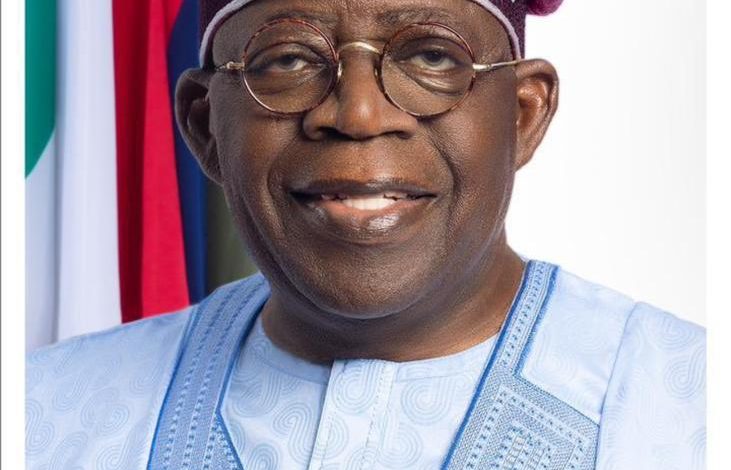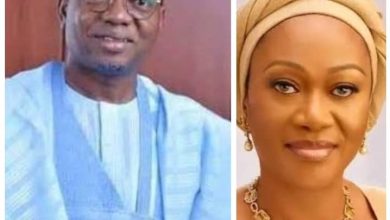Production Is Key to Economic Growth and Prosperity

Two years into the administration of President Bola Ahmed Tinubu, one of the central promises of his Renewed Hope Agenda—the creation of one million jobs—remains unfulfilled. Instead, the manufacturing sector, which should serve as the backbone of such job creation, continues to shrink. Many companies have shut down, while others operate at minimal capacity.
The President’s pledge to provide 24/7 electricity across the country has also not materialized. On the contrary, power supply has worsened, with frequent national grid collapses compounding the already dire situation. It is worth recalling that President Tinubu himself urged Nigerians not to reelect him if he failed to deliver on this critical promise.
Sustained infrastructure is the foundation of capital inflow and economic productivity, yet Nigeria’s current reality tells a different story—one of weak infrastructure and stagnation. Even a basic student of economics understands that excessive taxation does not drive economic growth. Unfortunately, many of the administration’s fiscal policies have been tilted towards revenue generation for government without corresponding support for the private sector, especially manufacturing.
Manufacturing is the primary vehicle for job creation, wealth generation, and industrial development. However, Nigeria’s import bill for finished goods continues to rise due to the collapse of industries, particularly in major hubs such as Kano and Kaduna.
History provides valuable lessons. During the presidency of George W. Bush Jr. in the United States, a bailout package was introduced to rescue the manufacturing sector, particularly the auto industry, preventing companies like Chrysler and General Motors from total collapse. That decisive policy reversed the trend of outsourcing manufacturing jobs abroad.
President Tinubu should take a similar bold step by encouraging major investors like Aliko Dangote to expand into automobile manufacturing. With the right policies and international diplomacy—leveraging, for instance, his ties with the French government—Nigeria could revive defunct plants such as Peugeot in Kaduna, Volkswagen in Lagos, Steyr in Bauchi, Fiat in Kano, and Mercedes in Enugu. With political stability already in place, sound economic policies could help Nigeria reclaim its position as West Africa’s manufacturing hub and a leading investment destination in Africa.
The establishment of an Industrial Development Fund is imperative—not only to revive closed factories but also to support the creation of new ones.
During the first tenure of President Olusegun Obasanjo, the office of the Special Adviser on Manufacturing was established. That office gave the manufacturing sector a voice in policy formulation and a seat at the table where key decisions on tariff waivers, import duties, and enabling environments for growth were made.
Today, the manufacturing sector is on its knees. Skyrocketing operational expenses, low consumer demand caused by weak disposable income, and rising inflationary trends have created a hostile environment for producers.
In these circumstances, it is advisable for President Tinubu to reopen the Office of the Special Adviser on Manufacturing. This will provide him with critical information and in-depth analysis of developments within the sector—the major driver of job creation, employment, and wealth generation for the country and its citizens.
The current tariff regime in the United States may not be unconnected with the influx of imported goods and services from neighboring countries and Europe. Such measures were intended to push President Trump’s “America First” agenda.
It is troubling that Nigeria sits on vast deposits of non-metallic minerals used in producing ceramic sanitary wares, yet spends huge foreign exchange importing the same products—draining the nation’s foreign reserves. Once-thriving ceramic sanitary ware plants in Kano, Otta, and Umuahia are now shadows of their former selves.
President Tinubu needs to have frank and ongoing conversations with the Manufacturers Association of Nigeria on how to navigate the sharp bends and narrow bridges on the road to industrialization.
Hence, the reestablishment of the Office of the Special Adviser on Manufacturing is a compelling necessity. It will provide the President with first-hand information to drive his campaign promise of creating one million jobs in his first tenure. The beneficiaries of that hallmark achievement will become his ground troops for reelection in 2027.
The protection of Nigeria’s manufacturing sector is a task that must be done.
Aliko Dangote stands tall as a shining example of visionary industrial leadership. His strategic investments demonstrate what is possible when local entrepreneurs are empowered to harness Nigeria’s abundant resources. The Tinubu administration must recognize and celebrate such indigenous investors while creating an enabling environment for many more to follow. Just as Deng Xiaoping’s reforms transformed China through production-led growth, Nigeria too can achieve greatness by prioritizing industrialization.
Production remains the surest path to economic growth, job creation, and national prosperity.
Mahmud Shuaibu Ringim
mahmudshuaibu44@gmail.com





